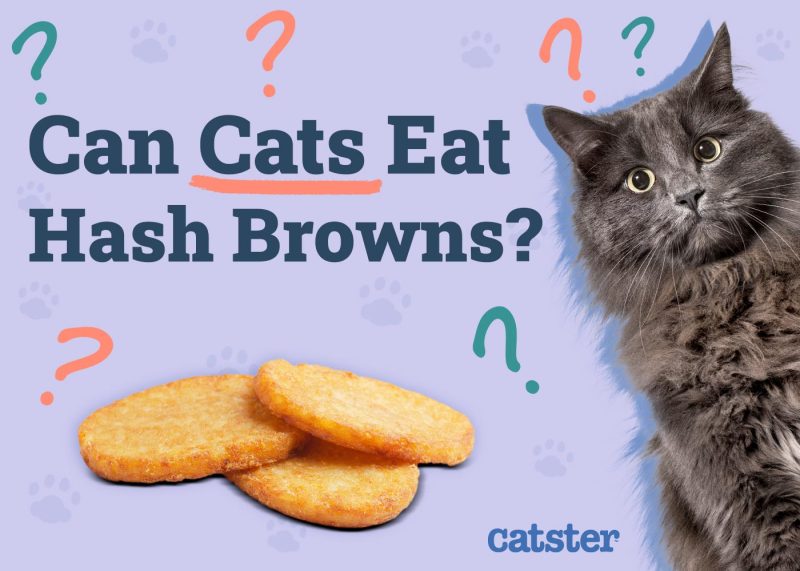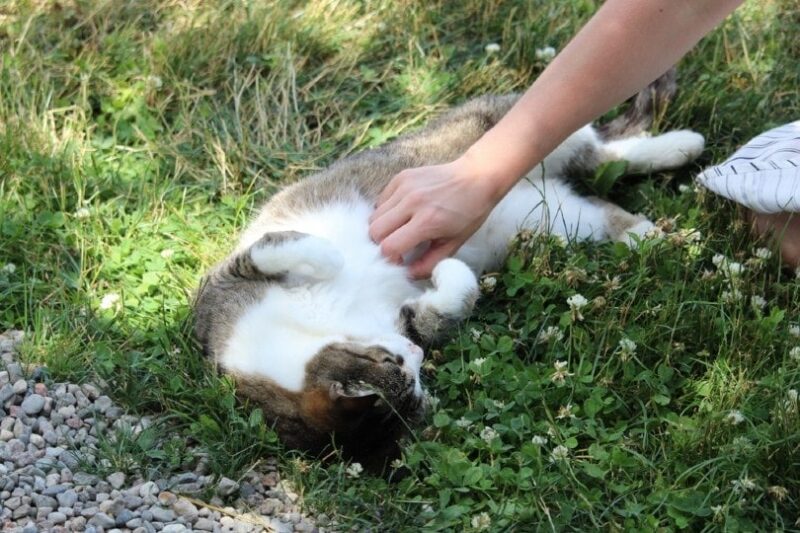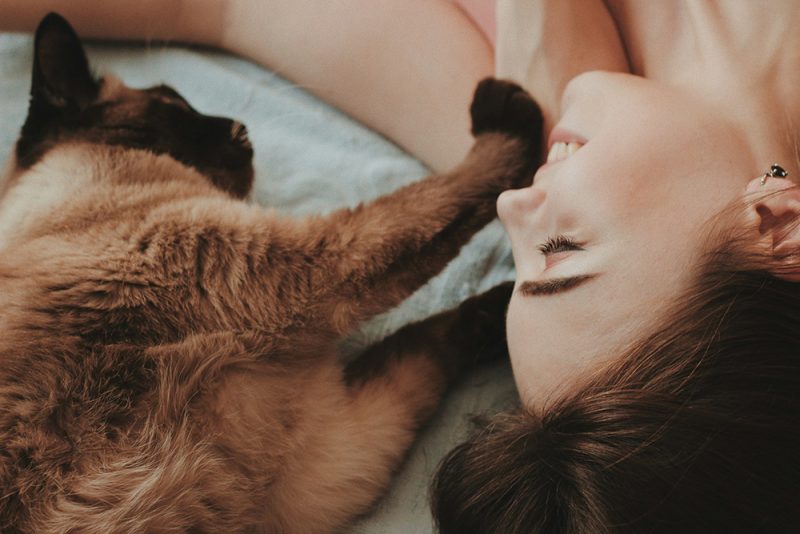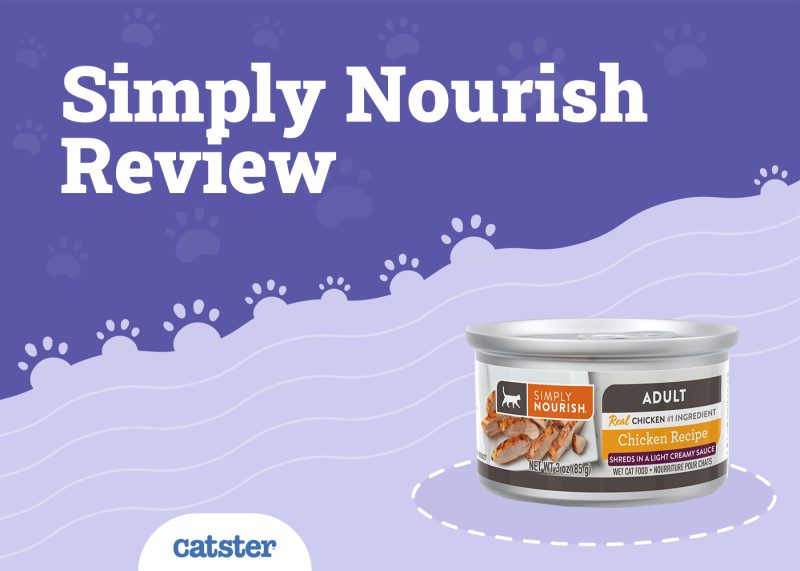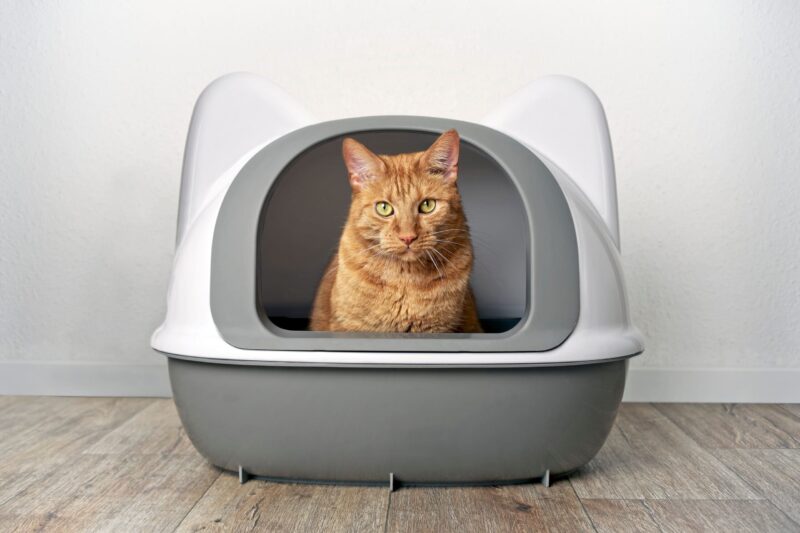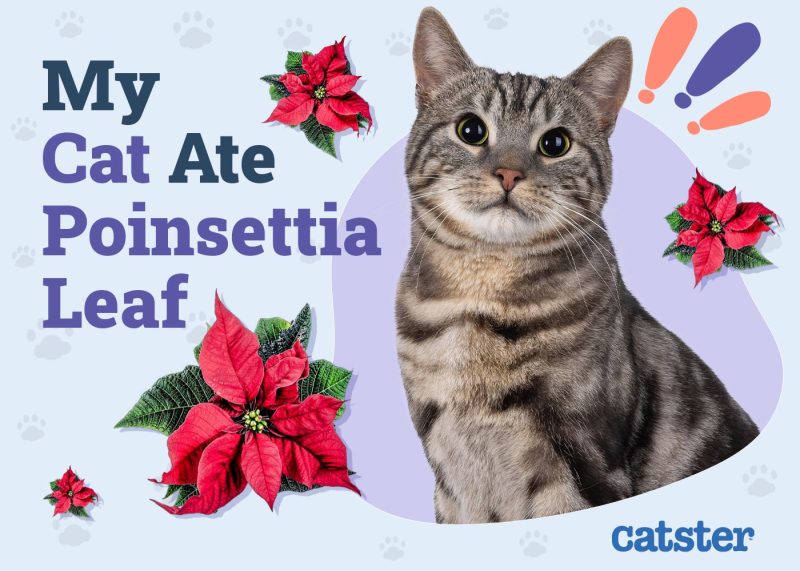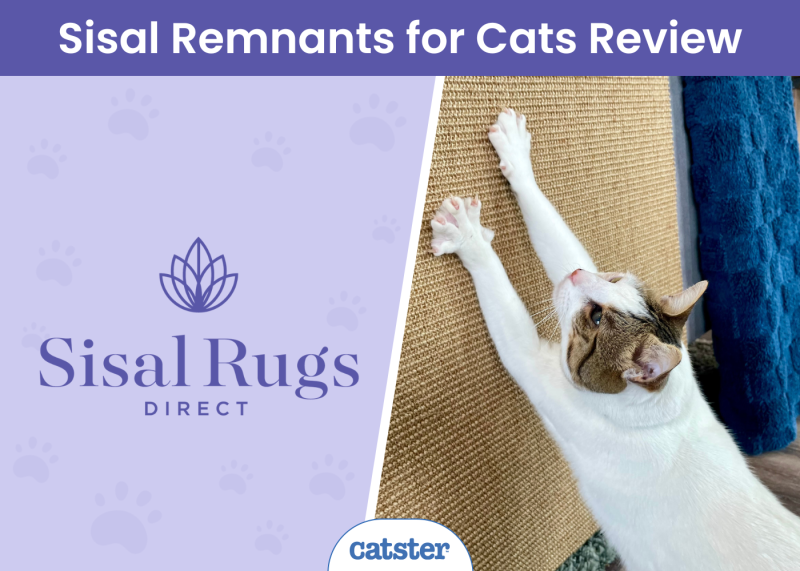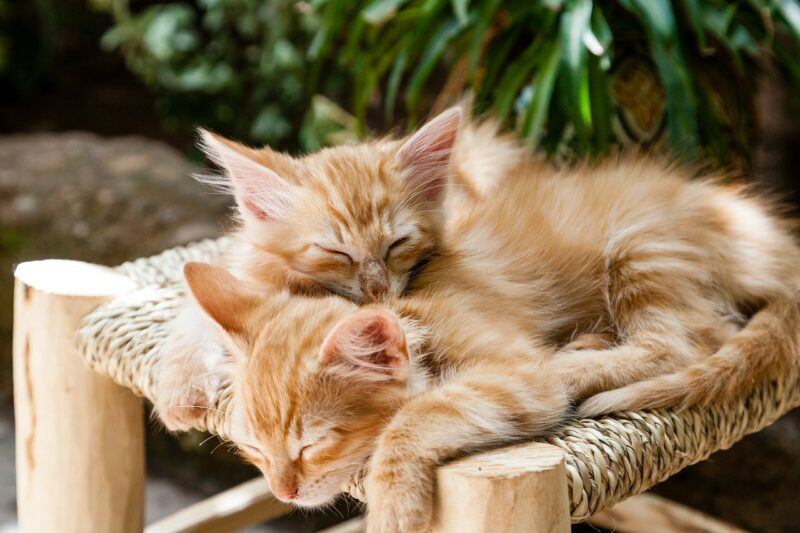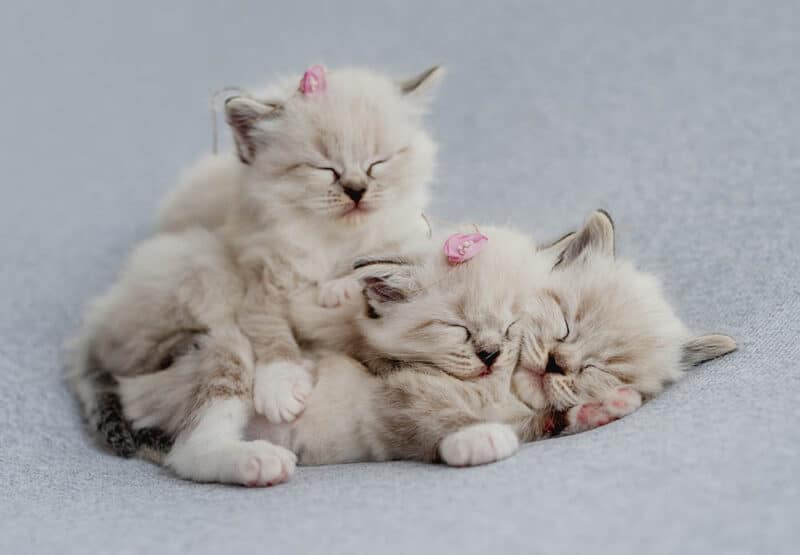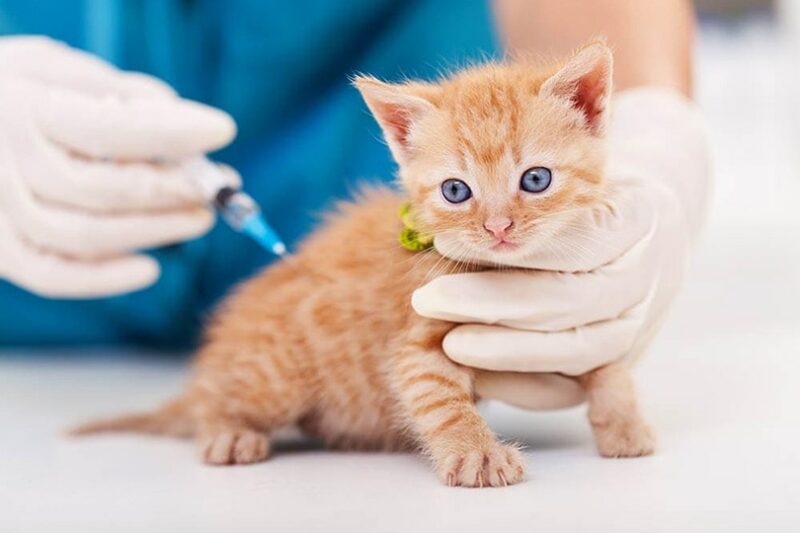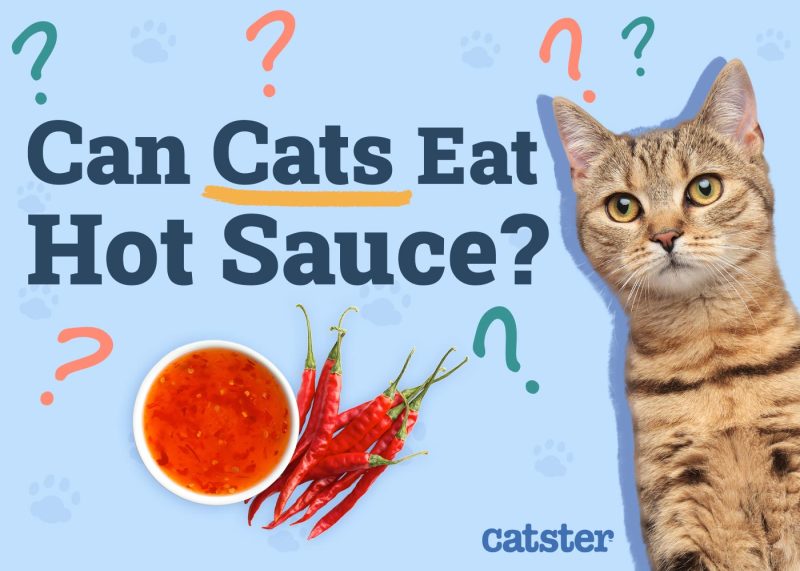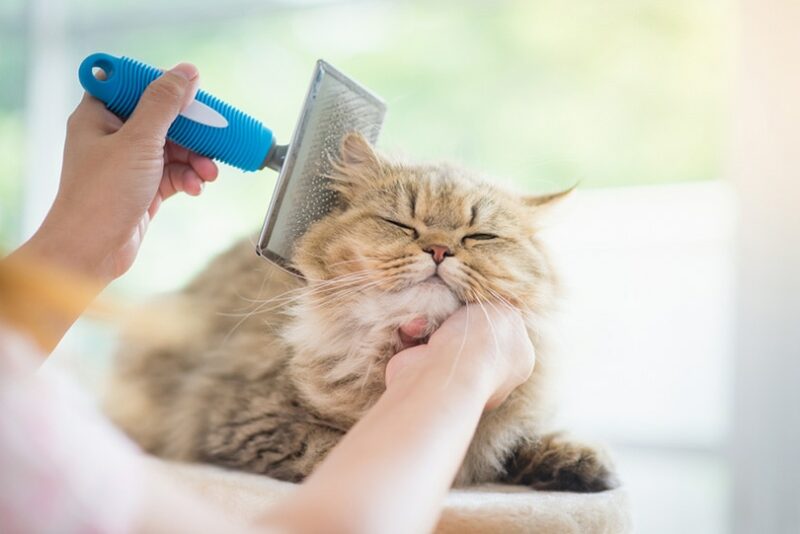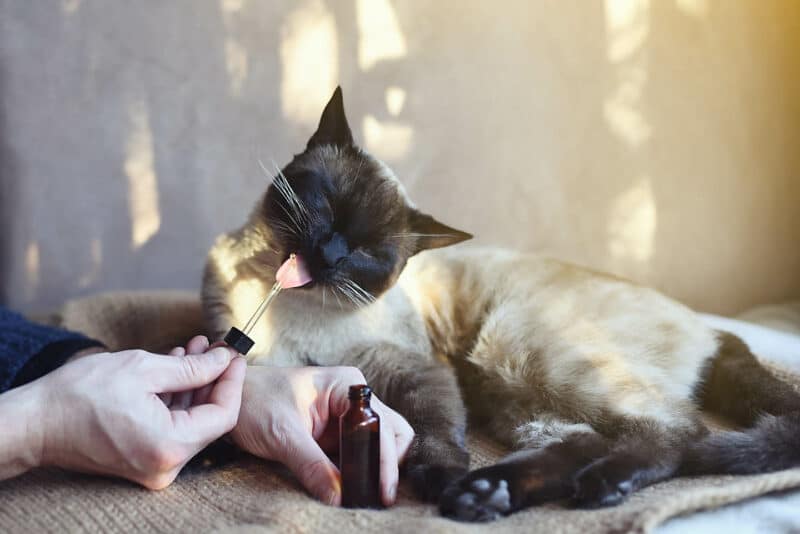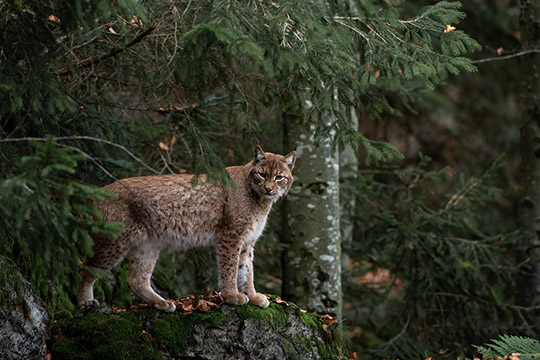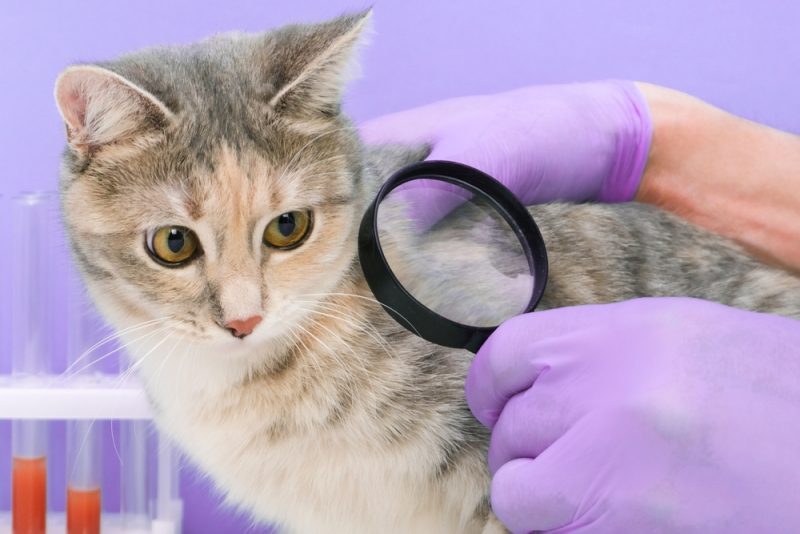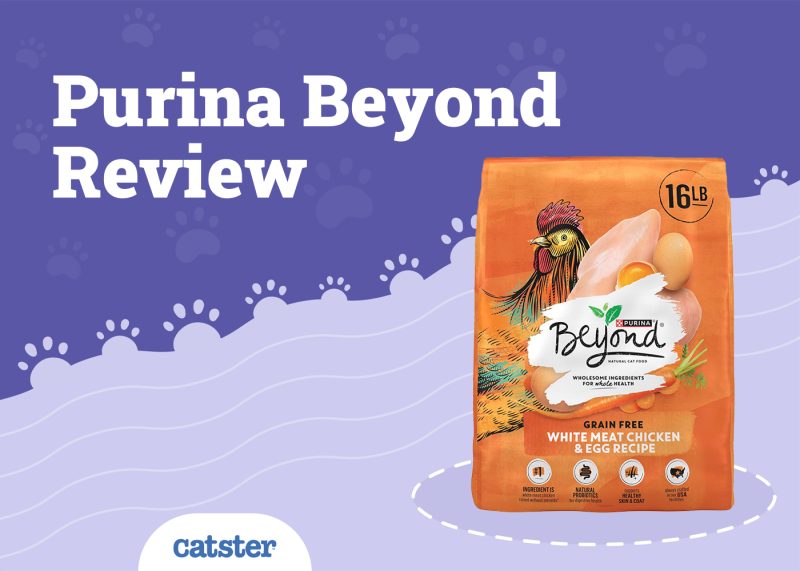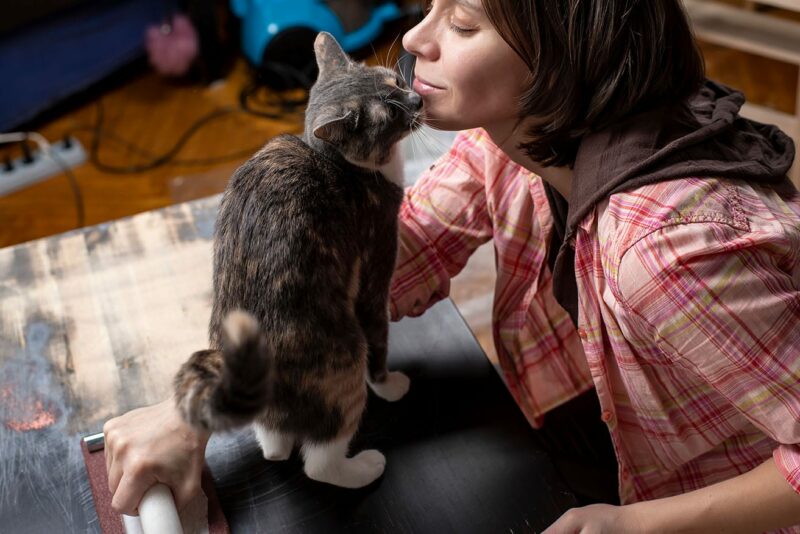Our pets are a big part of our lives, and it makes sense that we want to share everything with them, including our food. Unfortunately, it’s not always obvious as to what cats can eat. Like every species, they’re sensitive to some types of food, and others are toxic.
Let’s say you’re enjoying a nice breakfast and want to treat your cat to the leftover hash browns on your plate. A small nibble is okay, but there are some things you should be wary of. What is safe for cats to eat? Let’s check out the answers to these questions and more.

Can A Cat Eat Hash Browns?
Cats can eat potatoes, but they don’t need them in any way. A cat can stay healthy for a lifetime without eating a single potato. However, you shouldn’t feed hash browns to cats, but if your cat happens to eat a few bites, they might experience gastrointestinal distress.
Hash browns are typically fried in butter or oil and seasoned with a healthy dose of salt. Excessive salt intake can give your cat sodium poisoning, which is a severe condition that causes vomiting, diarrhea, lethargy, decreased appetite, and more.
What about dairy, you might be asking? Giving a cat a bowl of cream is such a ubiquitous turn of phrase that you might not realize cats can’t eat dairy. Virtually all cats are lactose intolerant and will suffer gas, diarrhea, and other unpleasant symptoms when they eat dairy.
It gets more confusing when you realize cats will eat dairy anyway, and often do because it’s loaded with precious fat. So, while a cat might scarf down your buttery hash browns, they’ll suffer for it later with copious gas and bellyaches.

What Can Cats Not Eat?
While dairy is a big no-no and salt is out, there are many foods you should never give to a cat under any circumstances. Some are more toxic than others, but you should avoid feeding any of the foods below to your cat.
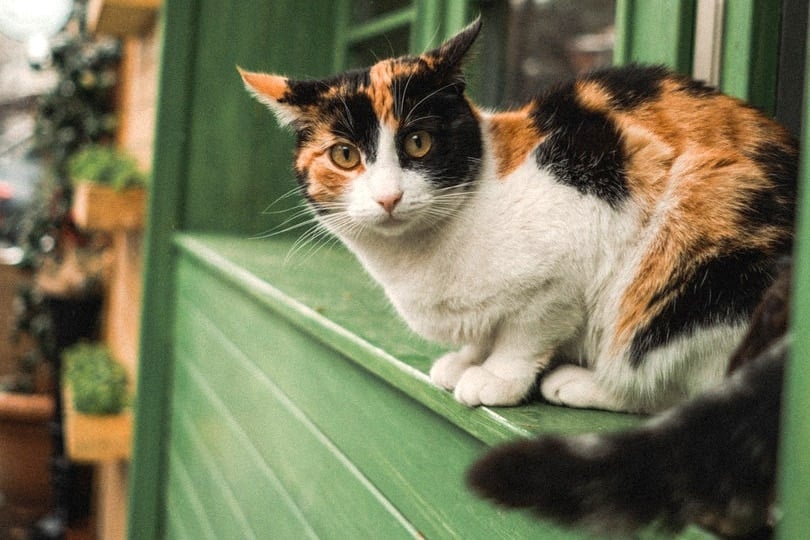
Onions
Onions, leaks, and garlic are toxic to cats. The Pet Poison Helpline says this includes household seasonings like onion and garlic powder, so you must be careful in the kitchen.
Onions can cause damage to cats’ red blood cells, which reduces their ability to transport oxygen in the blood. Common signs of leek toxicity include extreme lethargy, pale gums, and high heart rate. If your cat eats onions, you will notice the signs within a few days.
Chocolate
As it turns out, chocolate is just as toxic to cats as it is to dogs. The cocoa in chocolate contains compounds called methylxanthines, which are harmful to cats and dogs. Eating chocolate can cause vomiting, diarrhea, an abnormally high heart rate (tachycardia), muscle tremors, and more.
Generally, chocolates with a higher cocoa content are more toxic to cats. On a scale, white chocolate is the least harmful, dark chocolate is the most toxic, and milk chocolate is in the middle. Regardless of the type, you should never take the risk of giving your cat even the smallest piece of chocolate.
Grapes and Raisins
The science still isn’t clear what precisely causes the toxicity, but eating grapes can cause fatal kidney failure, among other signs. Whatever is so toxic to our pets in grapes remains when they’re turned into raisins, and you shouldn’t ever give them to your cat or leave a package open near your cat.
The earliest signs that a cat ate grapes are repeated vomiting and abnormal hyperactivity, which are quickly followed by lethargy, diarrhea, and a reduced appetite.

The Ideal Cat Diet
Now that we’ve covered some things cats shouldn’t eat, what should they eat? Cats need lots of vitamin A, protein, and niacin. They also need a special animal-derived form of vitamin D, whereas dogs are fine with the plant-based counterpart.
Another cat-specific necessity is amino acids like taurine and arginine. Cats need healthy amounts of taurine to grow and stay healthy. Taurine helps maintain their digestive health as adults and helps them grow as kittens. Arginine helps keep ammonia blood levels in check.
Ideally, cats should get little in the way of carbohydrates, which hash browns have in abundance. Glucose, essential for any living creature, is, by definition, a carb. Cats do need glucose, but the complex starch in potatoes or pasta is useless to a cat’s streamlined physiology.
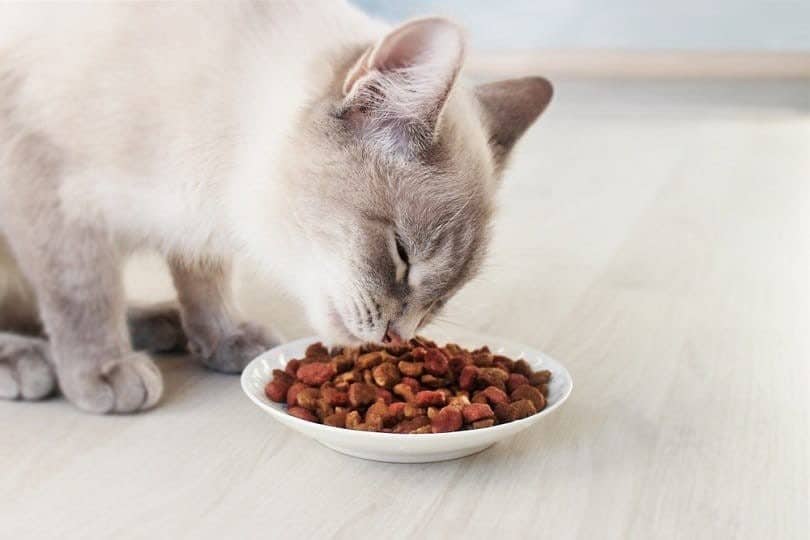

Conclusion
So, we’ve covered all the bases. Your cat shouldn’t eat hash browns, but a stolen bite or two won’t require a trip to your veterinarian. We don’t recommend feeding potatoes or hash browns to cats, and it’s best to avoid salty foods. Cats get all the nutrition they need from a standard cat food diet.
